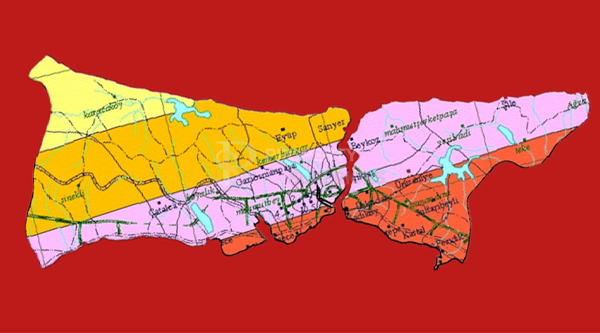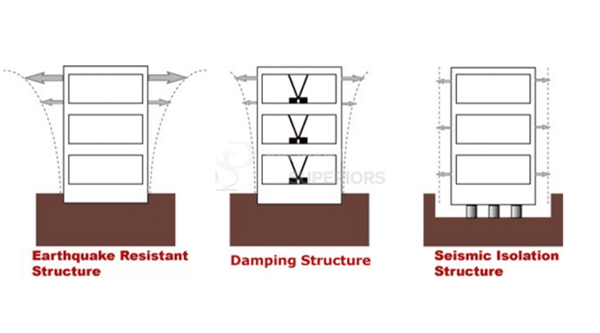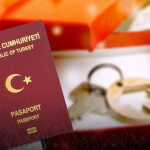
Istanbul is a city located in an earthquake zone and earthquakes occur from time to time. The city has experienced several earthquakes throughout its history, some of which caused major damage and casualties. Therefore, it is important to know which areas of Istanbul are earthquake resistant and safer for residents and tourists.
The Geography of Istanbul and Its Relation to Earthquakes
Istanbul lies on the North Anatolian Fault, one of the most active fault lines in the world. The fault line has triggered several major earthquakes in the past, and many more are likely in the future. The city sits on a fault line, which means it's in a state of earthquake.
Factors Affecting the Earthquake Resistance of Istanbul
Several factors can affect the seismic safety of buildings or areas in Istanbul. These factors include the age of the building, materials used in construction, and design and construction. In general, new buildings constructed to current seismic codes and standards are considered more earthquake-resistant than older buildings.
Additionally, the type of soil on which a building sits plays an important role in earthquake safety. Buildings built on hard rock are considered more earthquake-resistant than those built on soft soil foundations, which can amplify the shaking caused by earthquakes.

Determination of earthquake-resistant zones in Istanbul
To determine which areas of Istanbul are earthquake-resistant, several factors must be considered, including the age of the building, the materials used in its construction, and the type of soil it was built on.
Builder's Role
One of the most important factors in determining the earthquake safety of the Istanbul area is the age of the building. Newer buildings are often more earthquake resistant than older buildings because they are built to comply with current earthquake codes and standards.
In Istanbul's Old City, many buildings were built before the current seismic codes and standards came into force. These buildings may not be earthquake resistant and may be more vulnerable to damage in the event of an earthquake.
The role of Building Materials
The materials used in a building's construction also play an important role in determining its earthquake resistance. Buildings made of reinforced concrete and steel are considered more earthquake-resistant than those made of brick or stone.
The Role of Soil Type
The type of soil in which a building is built is also a factor in determining earthquake resistance. Buildings built on hard rock are considered more earthquake-resistant than those built on soft soil foundations, which can amplify the shaking caused by earthquakes.
In conclusion, understanding Istanbul's earthquake-resistant zones is important for residents and visitors alike. By considering factors such as the age of the building, the materials used, and the type of soil it was built on, it is possible to determine which areas are safer in the event of an earthquake.
Although no area of Istanbul can be considered completely earthquake-proof, understanding the factors that affect earthquake safety can help residents and visitors make informed decisions about where to live, work and visit.
Related posts:
The goal of many people who want to own real estate in Turkey is to obtain an ideal apartment in Turkey within the city of Istanbul or any other Turkish city, and buyers focus on several factors that they want...
Buying a property in Turkey is not a difficult or complicated process or requires bureaucratic procedures. Rather, it is done through simple steps that lead to the new owner obtaining the Tabu document, which shows that he has the legal...




 New provisions for obtaining Turkish citizenship through real estate ownership
New provisions for obtaining Turkish citizenship through real estate ownership
 Turkish Real Estate Rental Law 2024
Turkish Real Estate Rental Law 2024
 Ways to obtain Turkish citizenship through investment 2024
Ways to obtain Turkish citizenship through investment 2024
 How to choose an ideal apartment in Turkiye?
How to choose an ideal apartment in Turkiye?
 Turkish passport... Extraction method and fees 2024
Turkish passport... Extraction method and fees 2024
